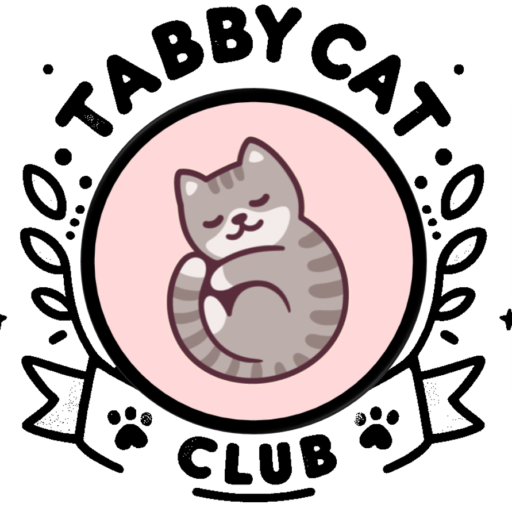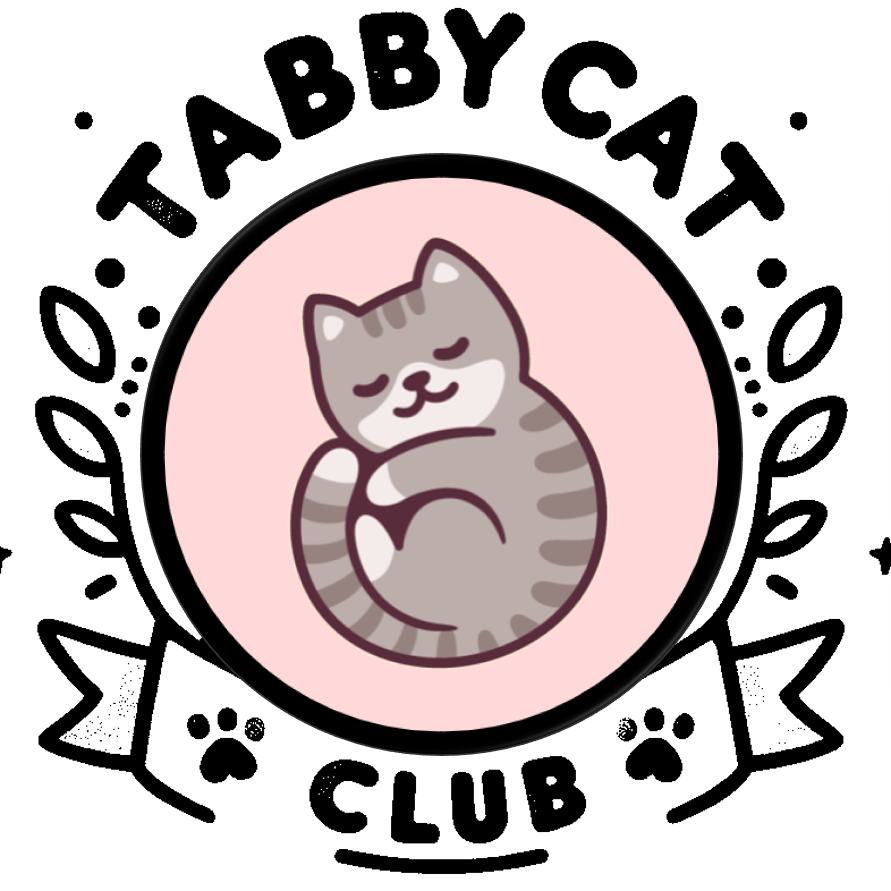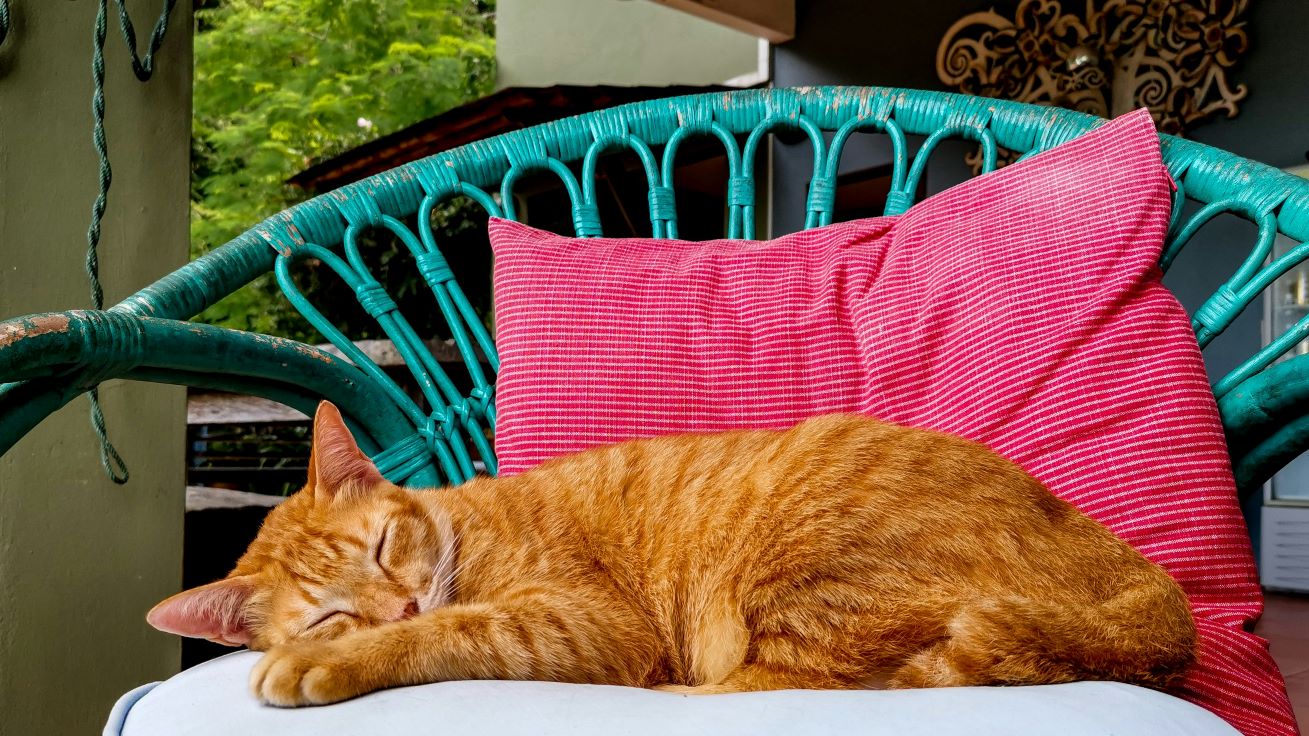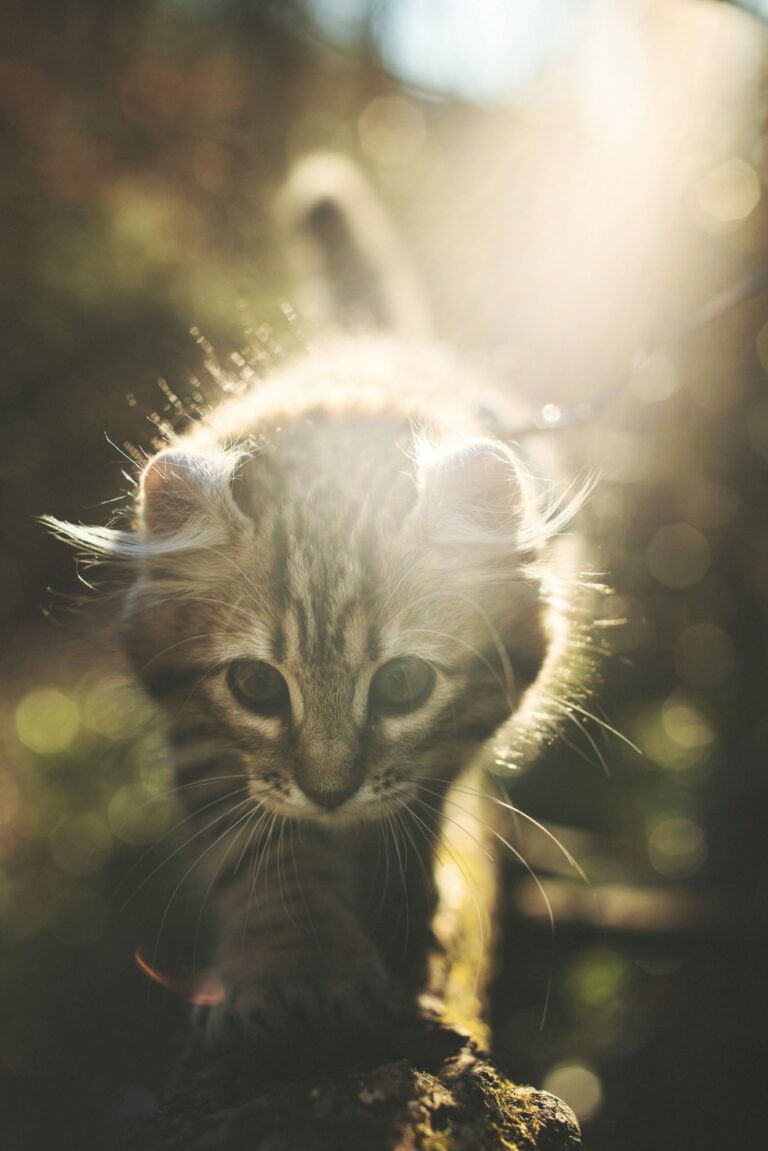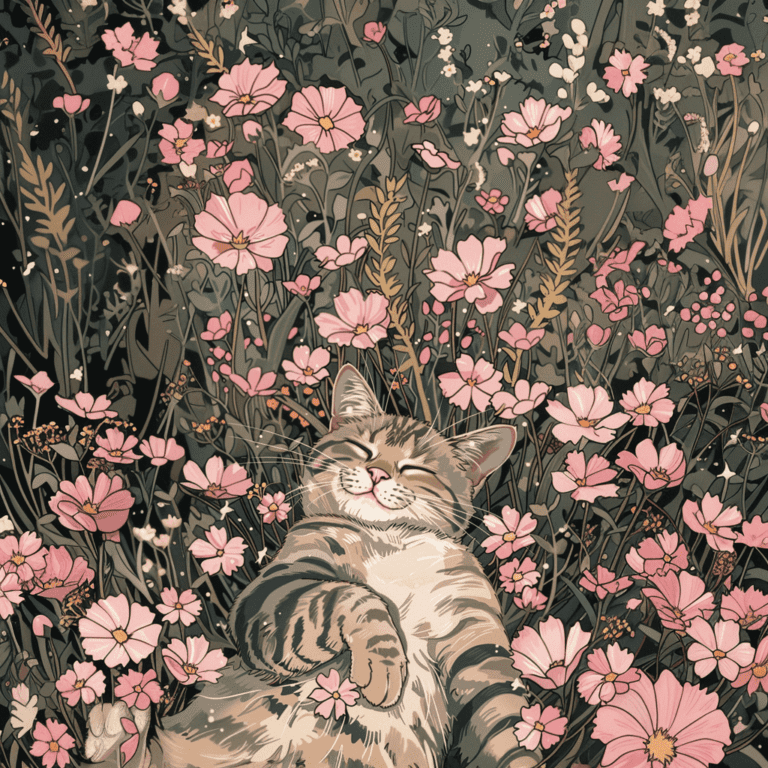Deciphering the Age of Your Older Cat
As our beloved tabby cats advance in age, their care needs evolve significantly. Understanding the aging cat care process is essential for pet owners who wish to ensure their feline companions remain comfortable and content in their senior years. This guide offers insights into the cat aging process, highlights common issues like elderly cat twitching, and provides tips on creating an ideal environment for your aging tabby.
How to Tell the Age of an Older Cat
Determining the exact age of a senior tabby can be challenging, especially for adopted pets. Signs such as dental condition, eye clarity, and coat quality can offer clues. Regular vet check-ups can also provide estimates and help monitor age-related health changes.
Enhancing Comfort for Senior Tabbies
How to Make a Senior Cat Comfortable
Adapting your home to suit the needs of a senior cat is paramount. Ensure their sleeping area is easily accessible, warm, and away from noisy or high-traffic areas. Orthopedic beds can offer additional joint support and comfort.
Addressing Mobility and Health Concerns
Elderly Cat Twitching and Other Health Issues
Twitching in senior cats can be a sign of discomfort or neurological issues. Observing your cat for any signs of distress and consulting with a vet can help identify the cause and appropriate treatments.
Claw Problems in Older Cats
Older cat claw problems, including overgrowth or thickening, can hinder their mobility and comfort. Regular claw trimming and vet checks can prevent these issues from affecting your cat’s quality of life.
Behavioral Changes in Aging Tabby Cats
Do Cats Get Grumpy in Old Age?
Some cats may exhibit increased irritability or grumpiness as they age, often due to discomfort from health issues. Understanding and patience, combined with appropriate veterinary care, can help manage these behavioral changes.
Cat Behavior Changes with Age
As cats age, they may experience changes in sleep patterns, activity levels, and interaction preferences. Creating a stable, stress-free environment can help mitigate anxiety and confusion in senior cats.
Special Considerations for Senior Outdoor Cats
Caring for a Senior Outdoor Cat
Senior outdoor cats face additional challenges, including harsh weather and predators. Providing easy access to a safe, warm shelter and monitoring their time outside can help ensure their well-being.
Comprehensive Care for Aging Tabbies
The Aging Cat Care Process
Caring for an aging tabby involves a holistic approach, addressing both physical health and emotional well-being. Regular veterinary visits for age-appropriate screenings and tailored nutrition plans are crucial components of comprehensive senior cat care.
Conclusion
Caring for a senior tabby cat is a rewarding responsibility that requires understanding and adaptation to their evolving needs. By recognizing the signs of aging, such as elderly cat twitching and claw problems, and making adjustments to ensure their comfort, you can help your older cat enjoy their golden years to the fullest. Remember, aging cat care is about enhancing the quality of life for your cherished companion, ensuring their senior years are as comfortable and joyful as possible.
Frequently Asked Questions
Do senior cats get along with younger cats?
Senior cats can get along with younger cats, but introductions should be slow and supervised. Compatibility often depends on the individual cats’ personalities and previous social experiences.
Will my senior cat like another cat?
Your senior cat may or may not appreciate the company of another cat. Consider your senior cat’s temperament and history with other cats before introducing a new feline friend.
What makes senior cats happy?
Senior cats enjoy comfort, routine, gentle play, and affection. Providing a stress-free environment with cozy resting places and regular interaction can contribute significantly to their happiness.
How do you comfort a senile cat?
Comfort a senile cat by maintaining a consistent routine, offering extra comfort and attention, and minimizing changes in their environment. Consult with a vet for ways to manage cognitive decline.
What is a good companion for an older cat?
A good companion for an older cat is typically a calm, gentle cat or even a pet of another species that matches the senior cat’s energy level and temperament.
What are some tips to take care of an old cat?
To care for an old cat, ensure regular veterinary check-ups, maintain a comfortable living environment, provide a diet suited to their age and health, and keep them mentally and physically stimulated at a gentle pace.
What should I be doing to keep my 18-year-old cat comfortable at this stage of her life?
Keep your 18-year-old cat comfortable by providing easy access to food, water, and litter boxes, a warm and quiet place to rest, managing any chronic health issues with your vet’s advice, and offering gentle affection and interaction.
How do I prolong my elderly cat’s life?
Prolong your elderly cat’s life with regular veterinary care, a balanced diet, keeping them indoors to protect from external dangers, and maintaining a stress-free environment that caters to their comfort.
How can you best care for an aging or disabled cat?
Caring for an aging or disabled cat involves adapting your home to their needs with ramps or steps, managing health issues proactively with your vet, ensuring they have a comfortable resting area, and keeping them engaged with gentle play and interaction.
